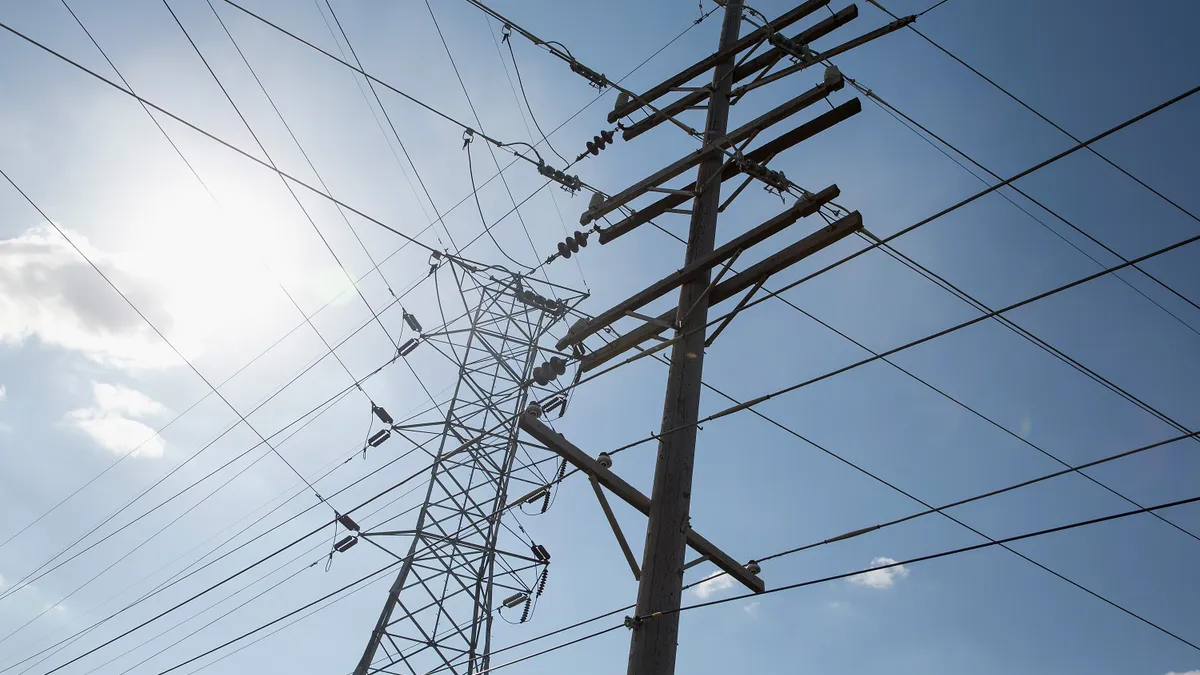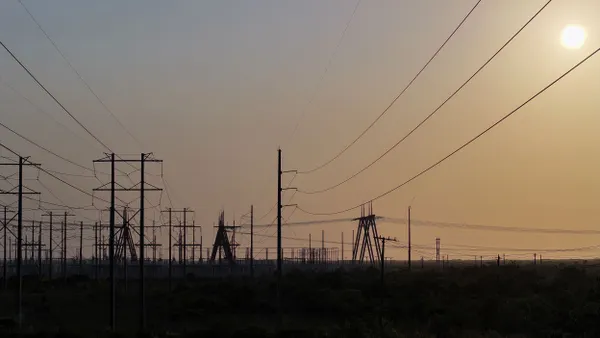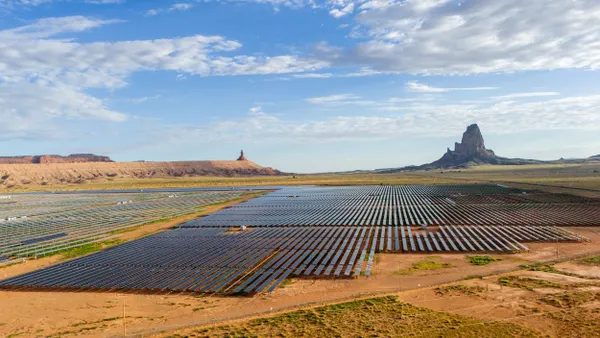Dive Brief:
- In separate decisions, federal judges recently dismissed lawsuits by Dakota Energy Cooperative and Marlboro Electric Cooperative seeking to exit long-term power supply contracts with their wholesale cooperative utilities.
- In both cases, the judges ruled that the wholesale power contracts and the bylaws of power suppliers East River Electric Power Cooperative and Central Electric Power Cooperative were unambiguous and didn't offer the distribution utilities a direct pathway to exit the contracts.
- At least for now, the decisions leave Dakota Energy, based in Huron, South Dakota, and Marlboro Electric, headquartered in Bennettsville, South Carolina, tied to their wholesale generation and transmission cooperatives for decades to come.
Dive Insight:
The court decisions come as some distribution cooperative utilities around the United States are seeking to leave their long-time power providers, driven by a mix of reasons, including lowering costs, increasing the amount of renewable energy they use and more local control.
However, they are bound to their wholesale cooperatives through long-term power supply contracts that can extend for decades.
Dakota Energy's contract with East River runs through 2075 and Marlboro Electric's contract with Central expires at the end of 2058, according to the court decisions.
In an April 11 ruling, a judge for the U.S. District Court for the South Dakota District rejected Dakota Energy's argument that East River broke the law by failing to provide the retail cooperative with a buyout so it could exit the power supply contract early.
"The [wholesale power contract] obligates Dakota Energy to purchase all its power from East River through December 31, 2075," Judge Lawrence Piersol said. "The WPC and the bylaws do not allow Dakota Energy to buy out of and terminate the WPC prior to the end of that term."
In South Carolina, U.S. District Court Judge Sherri Lydon dismissed Marlboro Electric's argument that Central's failure to provide it with fair and equitable terms to exit the supply contract was a breach of the WPC and the wholesale cooperative's bylaws. Marlboro Electric claimed the alleged breach allowed it to end its contractual obligations.
"The WPC unambiguously requires 'mutual agreement' for termination prior to December 31, 2058, and the bylaws unambiguously require Marlboro to meet 'all contractual obligations' to Central, including coming to a 'mutual agreement' for early termination of the WPC, to withdraw from the cooperative," Lydon said in a March 28 order.
The decision in South Dakota "affirms that a contract is a contract," Chris Studer, chief member and public relations officer for East River, said Tuesday, noting that many cooperatives have similar bylaws and power supply contracts.
There are 63 wholesale generation and transmission cooperatives in the United States supplying power to 832 distribution co-ops that serve about 42 million people, according to the National Rural Electric Cooperative Association.
East River, based in Madison, South Dakota, has 24 utility members in South Dakota and Minnesota, with a peak load of about 726 MW, according to Studer. The wholesale cooperative gets about 84% of its power from Basin Electric Power Cooperative, which was involved in the suit, and the rest from the Western Area Power Administration, he said. Dakota Energy accounted for 6.6% of East River's sales last year, according to Studer.
East River charges its members 5.9 cents/kWh, on average, for residential and small business customers, he said.
East River hopes it can "mend those wounds" from the contract dispute with Dakota Energy and continue working together, Studer said.
Dakota Energy was "disappointed, but not surprised" by the judge's decision, Chase Binger, Dakota Energy board chair, said in an email Wednesday.
"All we have asked for is a fair calculation of the cost to buy out of our contract," Binger said, noting that cooperatives like Tri-State Generation & Transmission give that information to their members.
Binger said East River and Basin Electric are trying to protect their financial interests by keeping Dakota Energy locked into the supply contract.
"They are trying to slow down innovation, limit our freedom of choice, and stifle competition, and Judge Piersol wants to give them a 50-plus year monopoly no matter how high East River's rates climb," Binger said
Marlboro Electric didn't respond to a request for comment.















